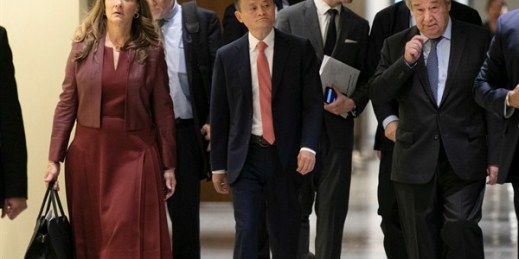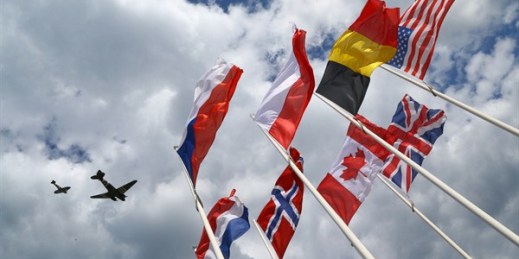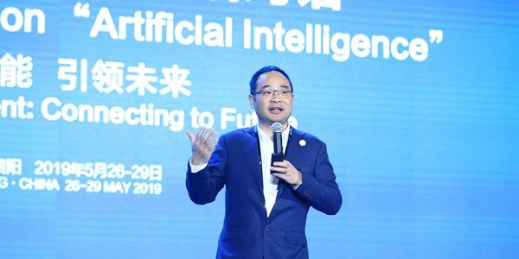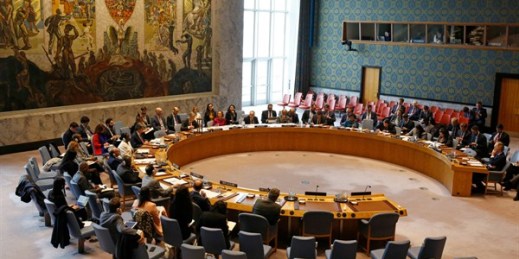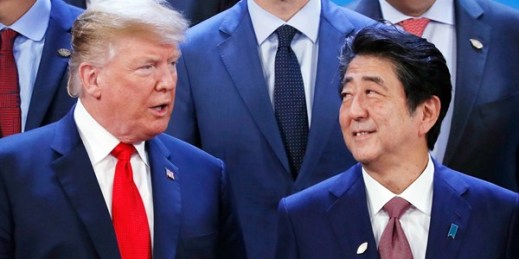
This weekend, Japanese Prime Minister Shinzo Abe welcomes world leaders to Osaka for the annual summit of the Group of 20. This club of major economies has been at the forefront of global governance since November 2008, when U.S. President George W. Bush convened an emergency committee to help rescue a world plummeting into the financial and economic abyss. The G-20’s ambit has since broadened to encompass an ever-expanding range of global issues. The Osaka summit continues that trend. Japan set an ambitious agenda for its presidency of the G-20, which rotates every year. Major themes include removing structural impediments […]

